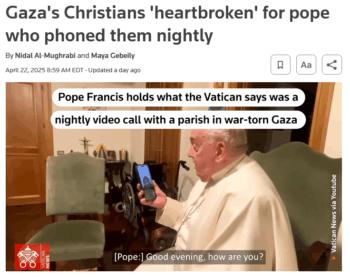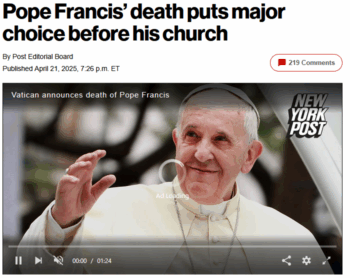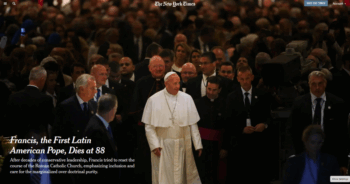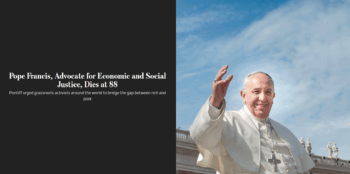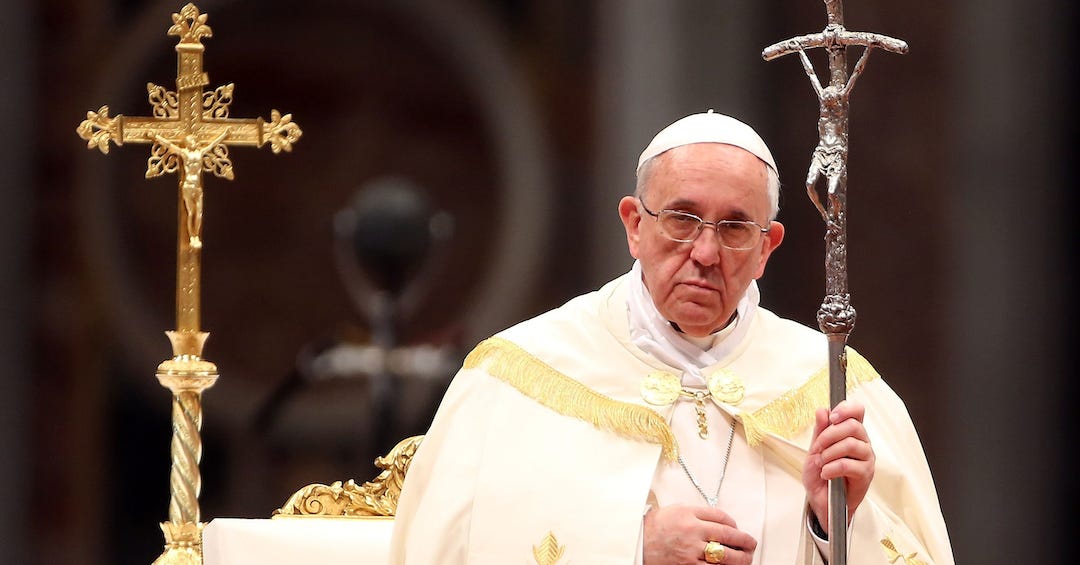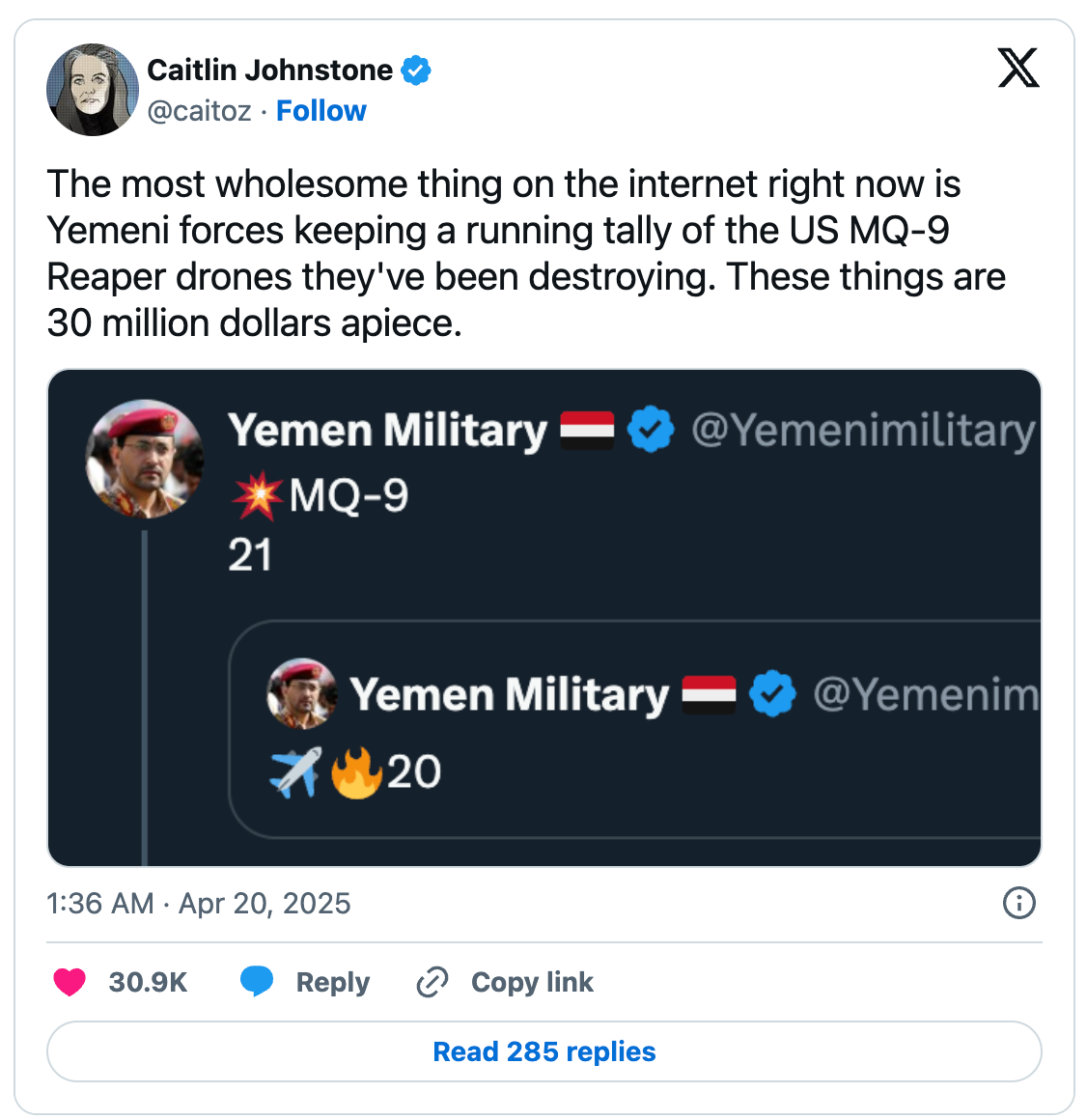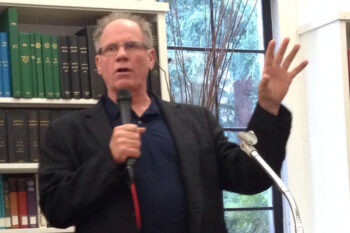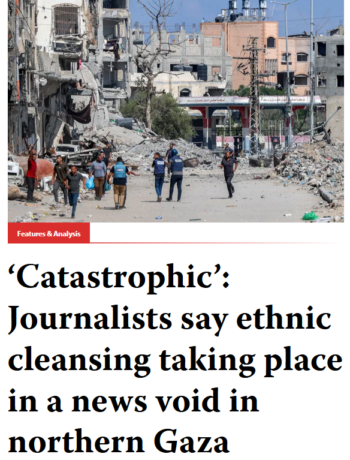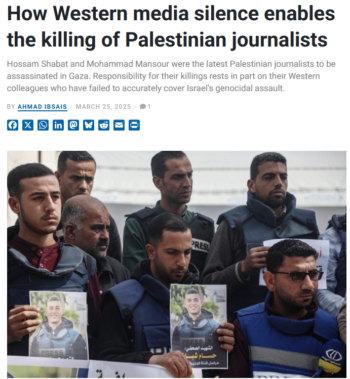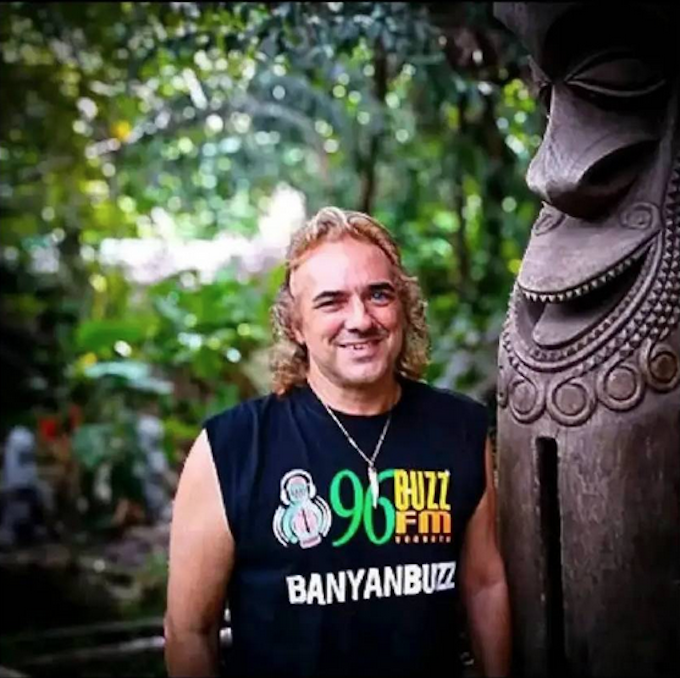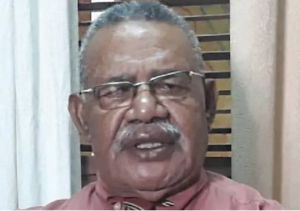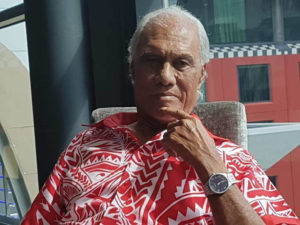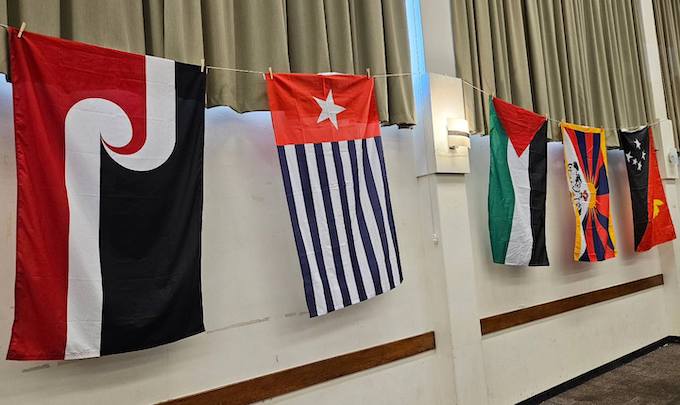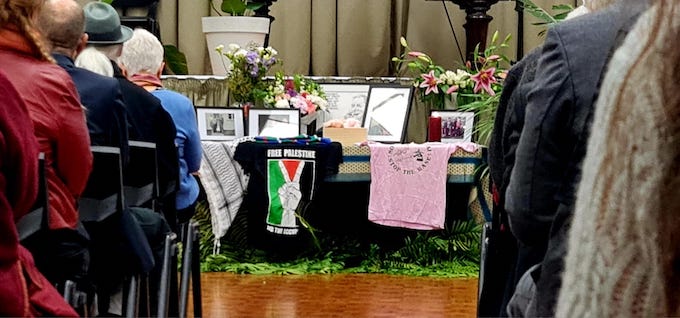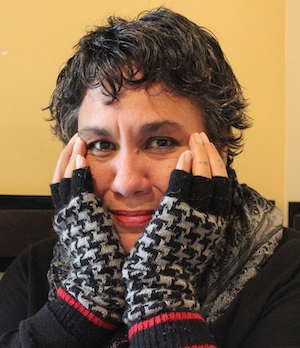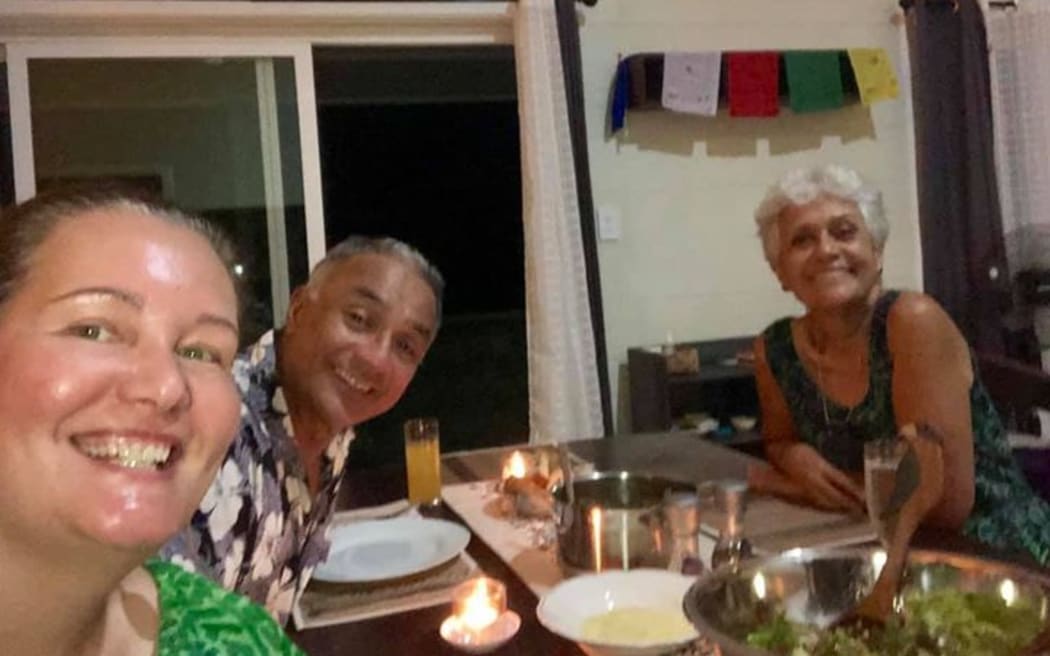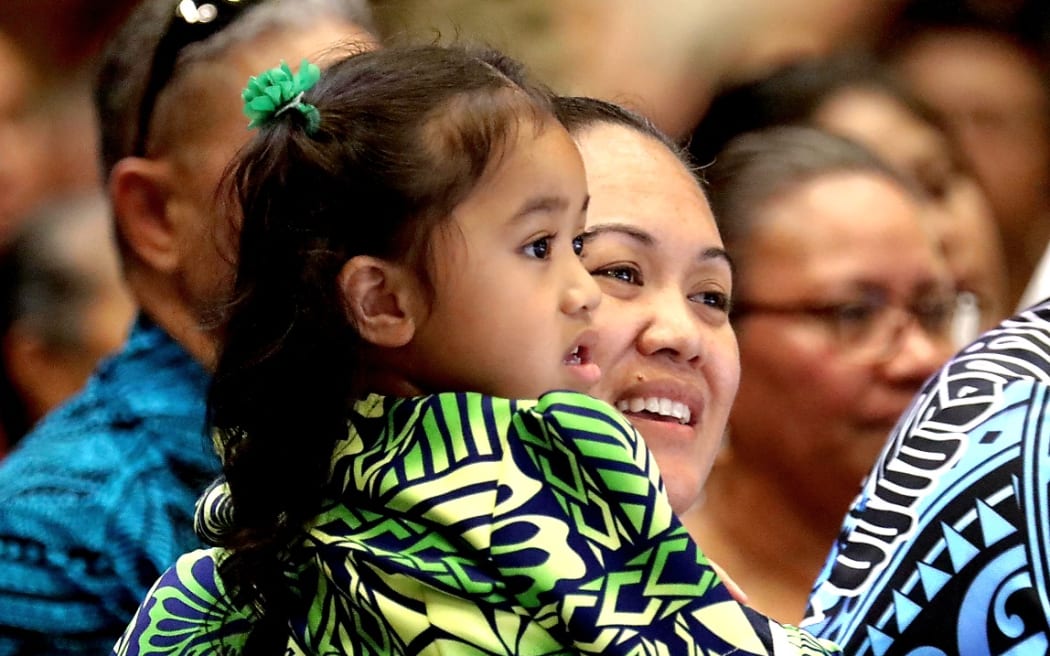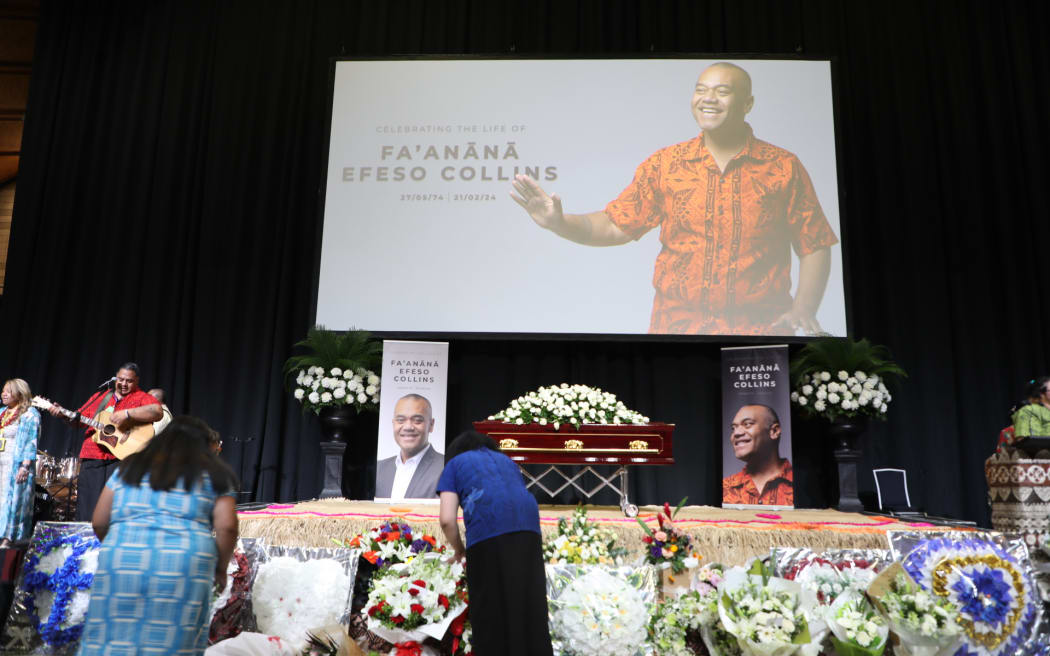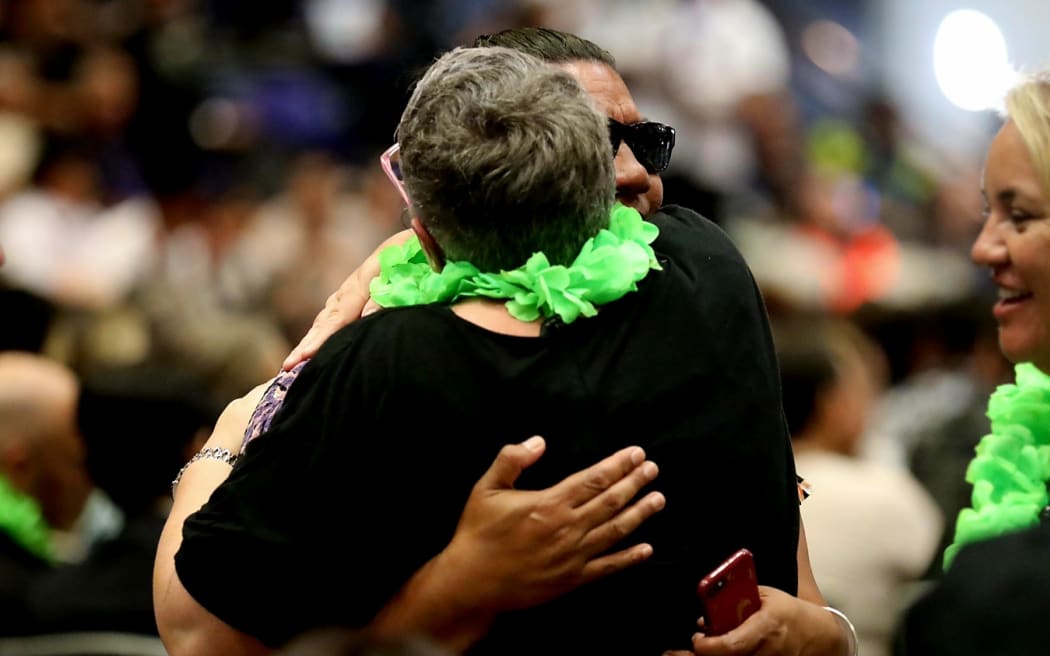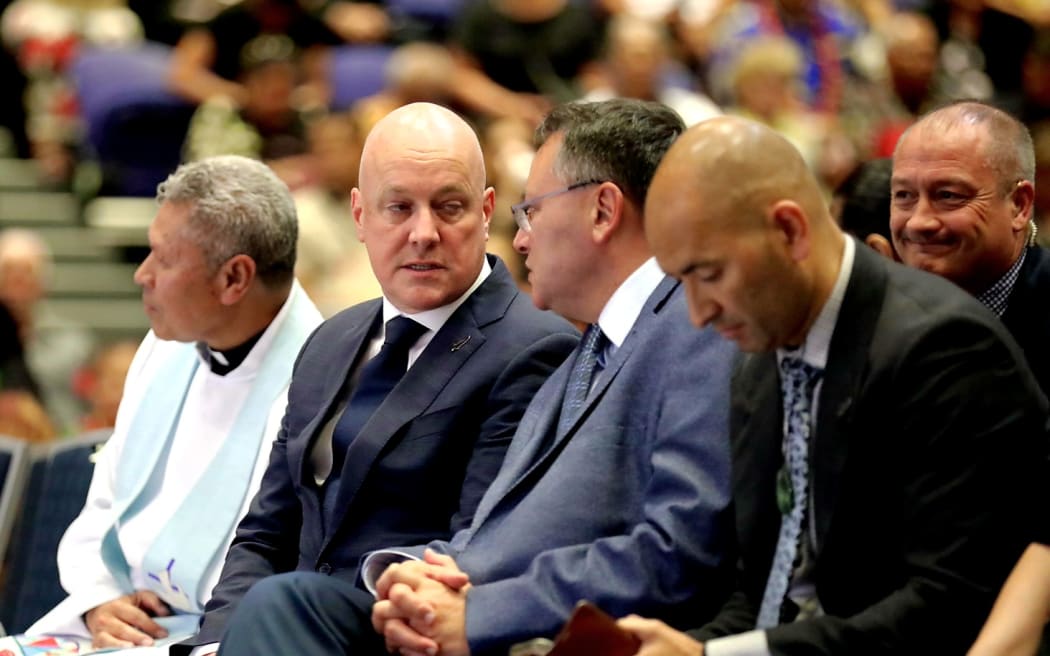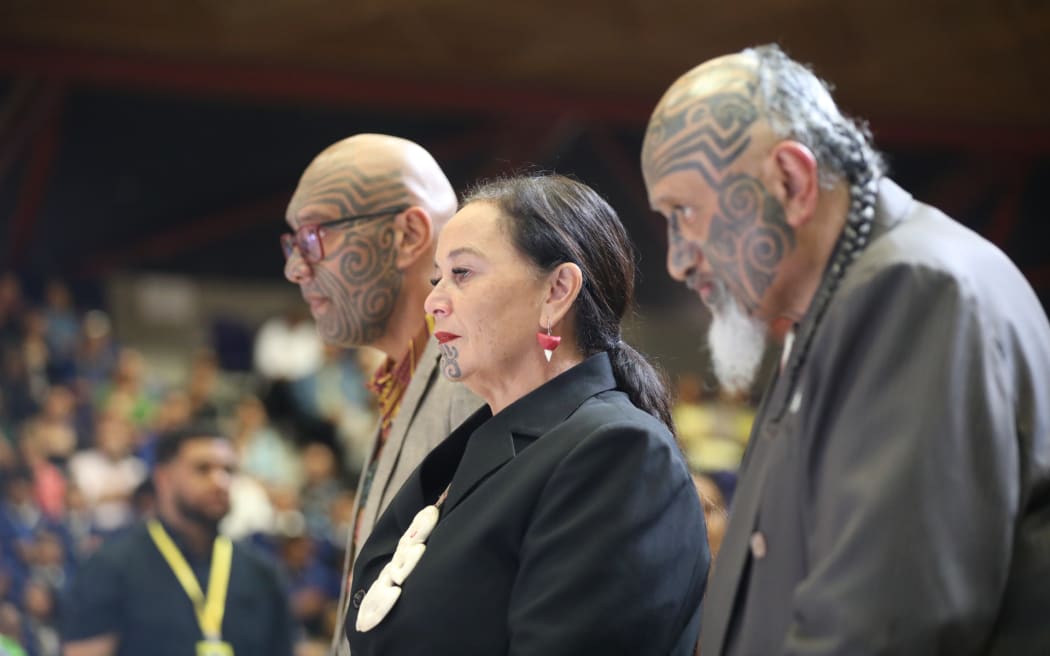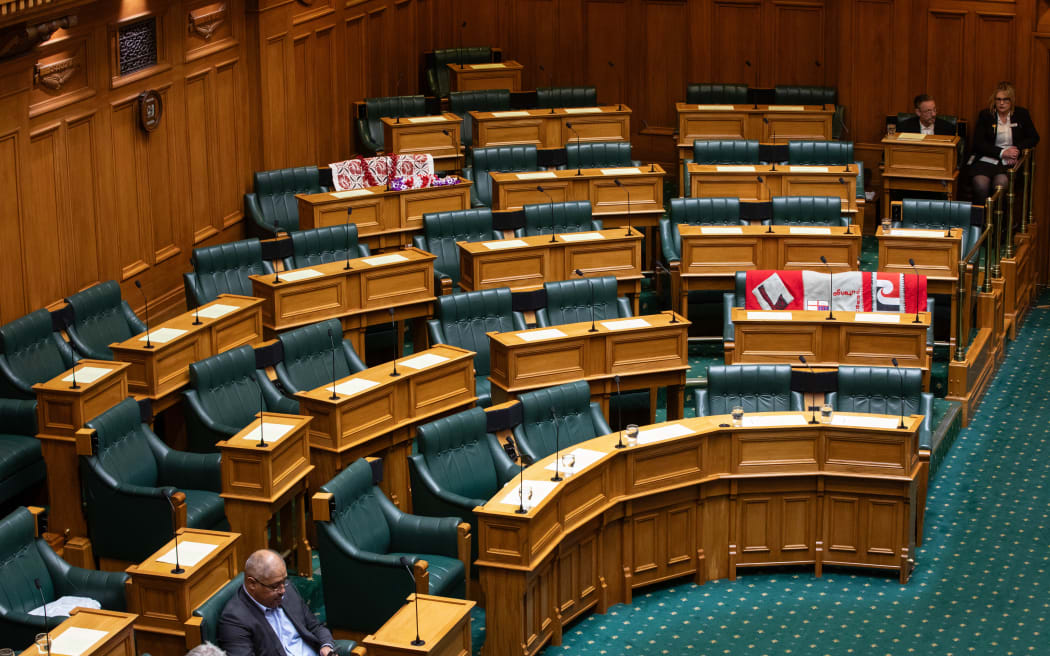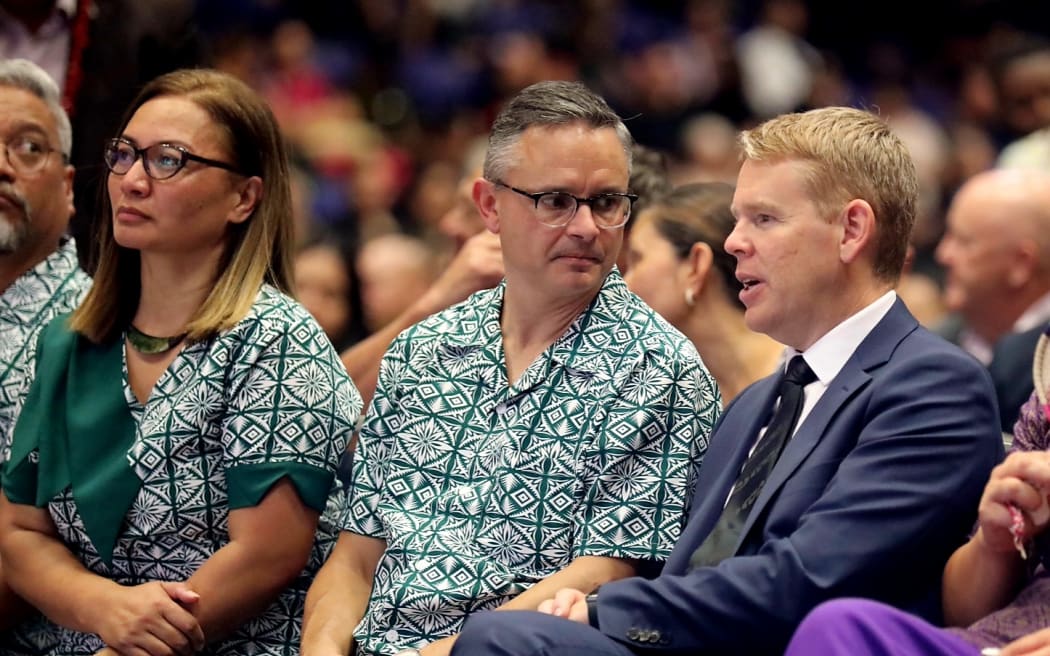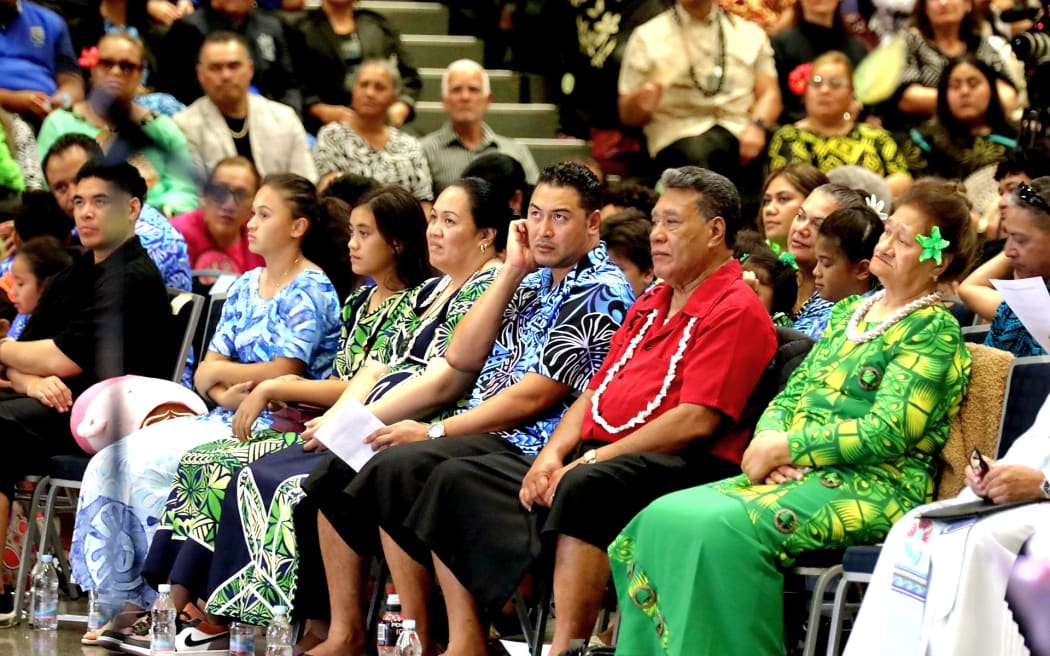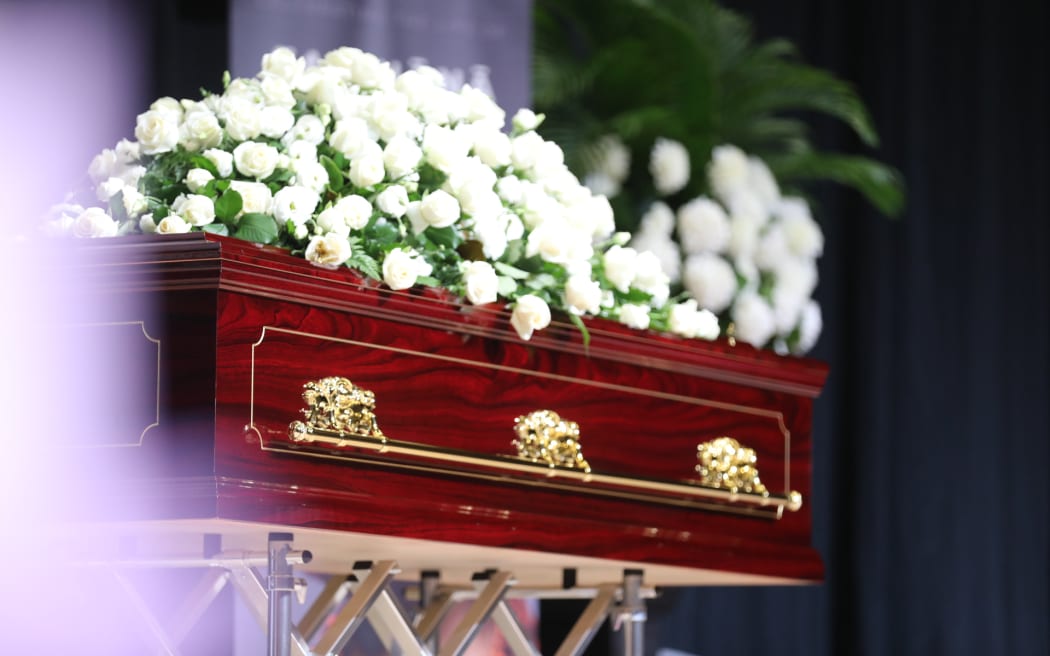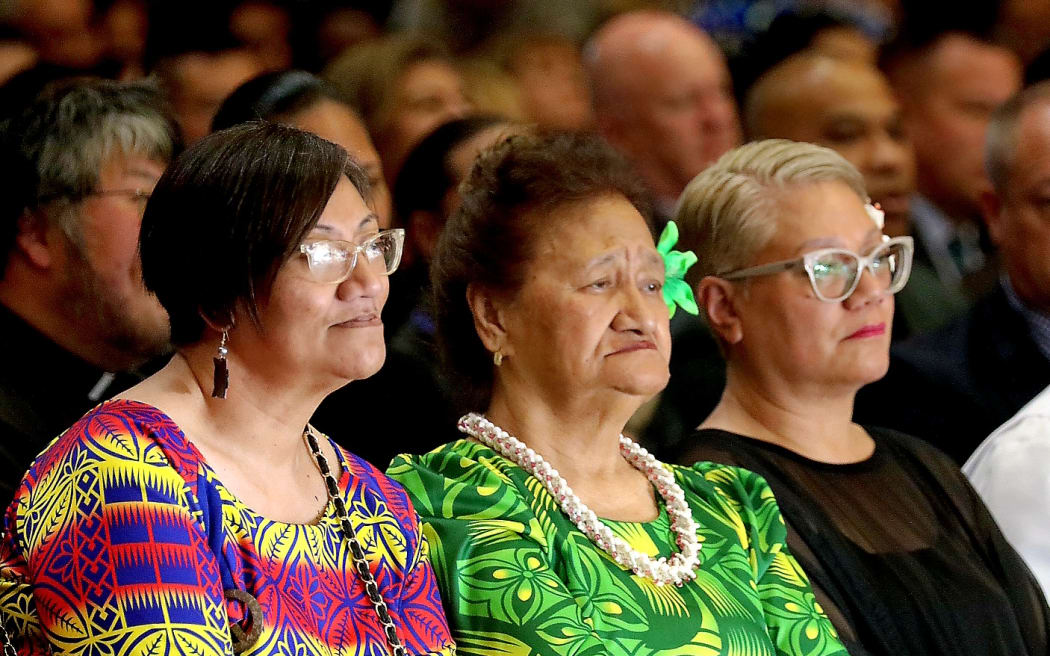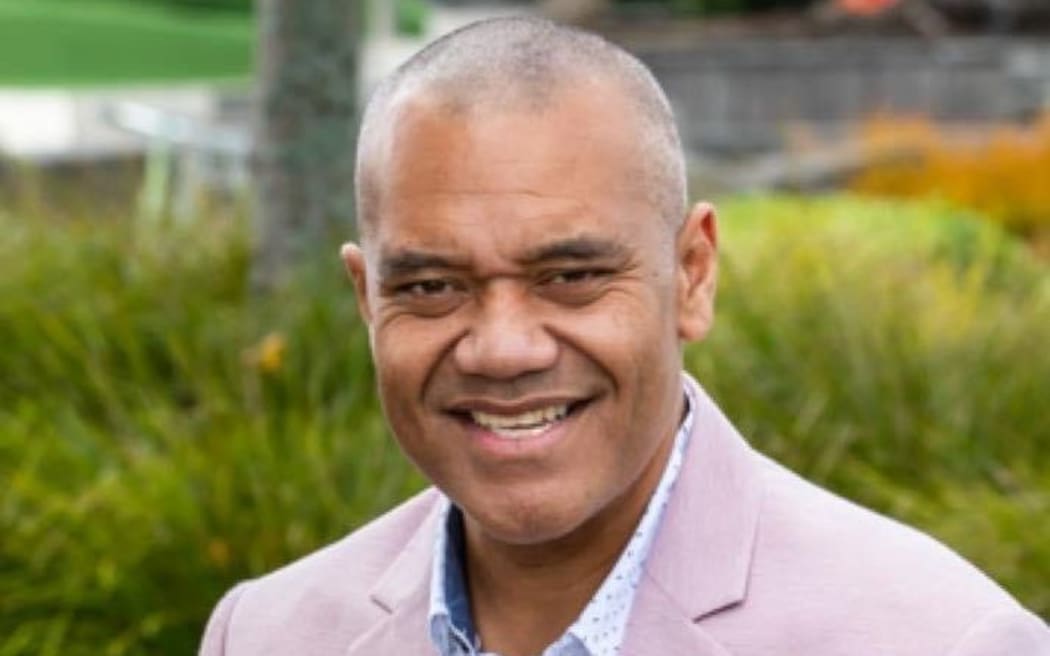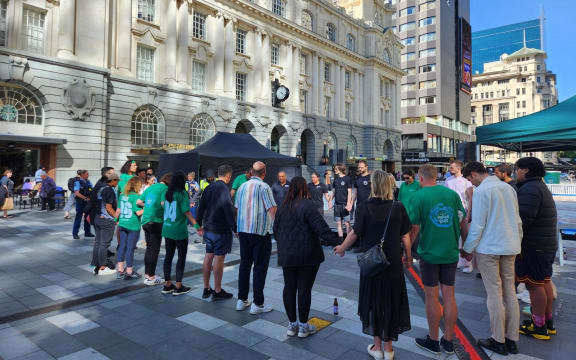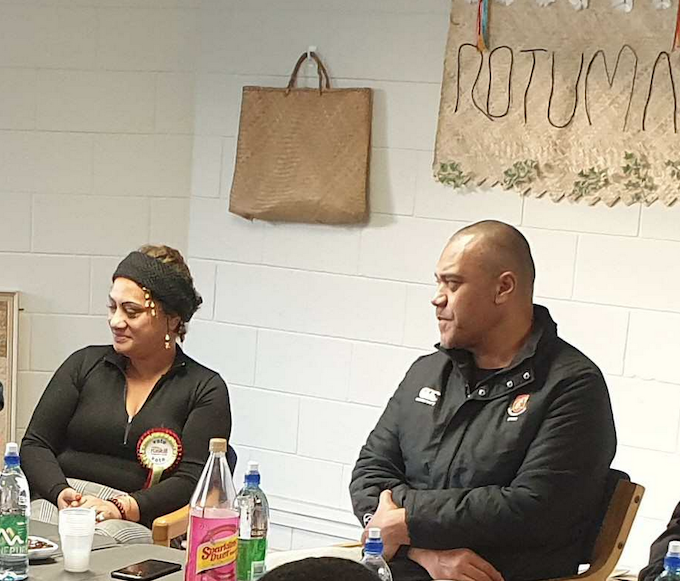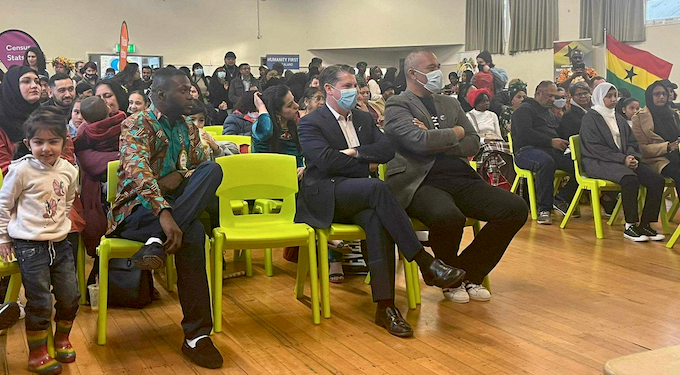
Alexei Navalny under arrest
Alexei Navalny, a Russian political opposition figure whose popularity in the West far exceeded his support in Russia, died while incarcerated in a Russian prison. He was serving a combined 30-and-a-half-year sentence for fraud and political extremism, charges that Navalny and his supporters claim were little more than trumped up accusations designed to silence a man who had emerged in recent years as the most vocal Russian critic of Russian President Vladimir Putin.
According to a statement released by the Russian Federal Penitentiary Service, “On February 16, 2024, in penal colony number 3, convict Alexei Navalny felt unwell after a walk, almost immediately losing consciousness. The medical staff of the institution arrived immediately, and an ambulance team was called. All necessary resuscitation measures were carried out, which did not yield positive results. Doctors of the ambulance stated the death of the convict. The causes of death are being established.”
Alexei Navalny was 47 at the time of his death. He left behind his wife, Yulia, and two children.
Navalny was serving out his sentence at the IK-3 prison colony in Kharp, a settlement in the Yamal-Nenets autonomous district some 2,000 kilometers northeast of Moscow, one of the most remote prisons in Russia with a reputation for austerity and—according to inmates who had served time there—brutality.

Scott Ritter will discuss this article on Ep. 136 of Ask the Inspector.
Navalny’s death has been widely condemned in the West, with President Joe Biden weighing in with a lengthy statement issued from the White House’s Roosevelt Room. Navalny, Biden said, “bravely stood up to the corruption, the violence and…all the bad things that the Putin government was doing. In response, Putin had him poisoned. He had him arrested. He had him prosecuted for fabricated crimes. He sentenced him to prison. He was held in isolation. Even all that didn’t stop him from calling out Putin’s lies.”
Biden noted that “Even in prison he [Navalny] was a powerful voice for the truth, which is kind of amazing when you think about it. And he could have lived safely in exile after the assassination attempt on him in 2020, which nearly killed him, I might add. And — but he — he was traveling outside the country at the time. Instead, he returned to Russia. He returned to Russia knowing he’d likely be imprisoned or even killed if he continued his work, but he did it anyway because he believed so deeply in his country, in Russia.”
Biden cast the blame for Navalny’s death squarely at the feet of Russian President Vladimir Putin. “Make no mistake. Putin is responsible for Navalny’s death. Putin is responsible. What has happened to Navalny is yet more proof of Putin’s brutality. No one should be fooled, not in Russia, not at home, not anywhere in the world.” Navalny, Biden said, “was so many things that Putin was not. He was brave. He was principled. He was dedicated to building a Russia where the rule of law existed and of where it applied to everybody. Navalny believed in that Russia, that Russia. He knew it was a cause worth fighting for, and obviously even dying for.”

Yulia Navalny at the Munich Security Conference, February 16, 2024—the day her husband died.
Navalny’s wife, Yulia Navalnaya, addressed his death before the Munich Security Conference, with Vice President Kamala Harris and Secretary of State Antony Blinken in attendance. “I want Putin and his entire surrounding…Putin’s friends, his government [to] know – that they will have to pay for what they’ve done with our country, with my family, and my husband. And that day will come very soon,” she declared, adding that “Vladimir Putin must be held accountable for all the horrors they are doing to my country, to our country – to Russia.”
Similar outpourings of grief and support have emerged from the leaders and media of nations that have historically been aligned against Russia. Navalny, it seems, has been able to rally more support to his cause in death than he could while alive.
Navalny has been elevated into near mythical status as the idealized symbol of “Russian democracy.”
But the truth is far different.

Alexei Navalny with his parents and younger brother, Oleg, in the mid-1980’s.
Navalny was born on June 4, 1976. His father was a career Soviet Army officer. According to Navalny’s mother, her son was radicalized by listening to the conversations her husband had with other Soviet officers about the deteriorating conditions in the Soviet Union. Navalny earned a law degree from People’s Friendship University in Moscow in 1998, before earning his master’s in economics from State Finance Academy in 2001. While studying, Navalny became involved in politics, joining the liberal opposition association, Yabloko, in 1999.
Yabloko (which means “apple” in Russian) began its life 1993 as a voting bloc in the Russian Duma that viewed itself as the political opposition to Russian President Boris Yeltsin. In 1995 Yabloko became an association of political parties which continued to oppose Yeltsin’s presidency—indeed, in May 1999 (the year Navalny joined) the Yabloko association voted in favor of the impeachment of Yeltsin (ironically, given its future political orientation, the bloc also voted, in August 1999, in favor of the selection of Vladimir Putin as Prime Minister.) Navalny went on to cut his political teeth as a local organizer at a time when life in Russia had hit nearly rock bottom—the decade of the 1990’s was marked by massive deterioration in Russian living conditions, and corruption marked nearly every aspect of Russian political, economic, and social existence. In December 2001, Yabloko applied for and was given permission to register as a political party.
Navalny’s political maturation came at a time when Russian democratic institutions were almost exclusively organized and funded by western institutions. The US State Department, for example, conducted what it called the “democracy assistance program,” whose mission was “to capitalize on the historic opportunity to build democracy in place of a centralized Communist system” by creating and nurturing “the full range of democratic institutions, processes, and values” so that the “responsiveness and effectiveness of the Russian government” would be increased. The program provided financial and managerial support to “prodemocracy political activists and political parties, proreform trade unions, court systems, legal academies, officials throughout the government, and members of the media.” US-funded political party development programs in Russia were implemented through the National Endowment for Democracy (NED) and United States Agency for International Development (USAID) grants to the National Democratic Institute (NDI) and the International Republican Institute (IRI).
In 2005, Navalny started working with another political activist, Maria Gaidar (the daughter of former Prime Minister Yegor Gaidar, and a member of the Union of Right Forces political party) to form a coalition known as the Democratic Alternative, or DA. In a statement made to US government officials in 2005, Maria Gaidar admitted that most of her funding came from the NED, although she did not publicize this fact out of fear of the political and legal consequences of being openly affiliated with the United States. Another recipient of NED funding was Gary Kasparov, the former chess champion-turned-political activist, who in 2005 formed the United Civil Front, an organization dedicated to dismantling the current electoral system in Russia so that new leadership could be elected to the Duma and presidency in the 2007-2008 election cycle.
The 2007–2008 time frame was critical. Russian President Vladimir Putin, who was appointed President by Boris Yeltsin on New Years Eve 1999, and elected President in March 2000, was coming to the end of his second term as President. The Russian Constitution only permitted two consecutive terms as President, so Putin was unable to run for reelection. However, Putin and his United Russia Party had come up with a solution—if the United Russia Party could hold on to its majority in the Russian Duma, then Putin would be appointed as Prime Minister. The current Prime Minister, Dmitri Medvedev, would then run for president.
This scheme, however, opened the door in the minds of the Russian political opposition (and their western masters) for sweeping political change. If United Russia could be denied its Duma majority, then Putin would not be able to serve as Prime Minister. And a United Russia defeat in the Duma elections in December 2007 could pave the way for a similar defeat in the presidential election in March 2008. For Kasparov, Gaidar, Navalny, and other leaders of the opposition, this was an opportunity to bring an end to what they viewed as the autocratic rule of Vladimir Putin.

Gary Kasparov and Alexei Navalny at the “Dissenter’s March” in March 2006.
The promoters of “democratic reform” (i.e., regime change) in the State Department likewise believed this to be a unique opportunity for change. Already, US-funded “color revolutions” had swept aside autocratic governments in Serbia, Ukraine, and Georgia. The hope was that a similar “revolution” could be organized in Russia. One of the key elements for making this happen was making sure that the opposition groups received the funding necessary to enable their training and organization. In addition to the NED and its two affiliates, the NDI and IRI, money was dispatched to various NGOs and Russian individuals covertly, using the CIA and British Secret Intelligence Service (SIS).
The CIA was also involved in identifying, grooming, recruiting and managing Russian political dissidents who could help implement the American regime change strategy which targeted Putin and his United Russia Party for the 2007-2008 election cycle. One such dissident was a Russian journalist named Yevgenia Albats.
Albats graduated from Moscow State University in 1980 with a degree in journalism. She was the recipient of an Alfred Friendly fellowship which saw her assigned to the Chicago Tribune as a visiting journalist in 1990. Albats spent 1993 at Harvard University after winning a prestigious Nieman Fellowship, where she spent two semesters “auditing classes with some of the university’s greatest thinkers, participating in Nieman events and collaborating with peers.”

Yevgenia Albats, Moscow, 2006.
The CIA’s Directorate of Operations, responsible for clandestine intelligence collection, operates what is known as the National Resources Division (NRD). The NRD is responsible for the CIA’s human intelligence collection activities inside the United States. The NRD has two major programs. The first involves the voluntary debriefing of US citizens—primarily businessmen—who travel to destinations of interest that the CIA might otherwise have difficulty gaining access to.
The second involves the assessment and development of foreigners on US soil—students, visiting professors, businessmen, etc.—for possible recruitment by the CIA. NRD maintains relationships with major universities—such as Harvard—that host prestigious fellowships and conferences capable of attracting up and rising foreign talent. Albats had been placed on the CIA’s radar through her Alfred Friendly fellowship. While at Harvard there is little doubt that she was further groomed—perhaps without her being cognizant that it was happening.
Albats was to return to Cambridge in 2000, where she studied for her PhD. One of her areas of specialty was what she called “grassroots organizations.” Albats spent the 2003-2004 academic year teaching at Yale University, where she became familiar with the Maurice R. Greenberg World Fellows Program, a four-month, full-time residential program based out of Yale’s International Leadership Center and housed within the Jackson School of Global Affairs. The Program runs annually from mid-August to mid-December and brings together up and rising leaders from around the world—in short, the perfect targets for assessment and grooming by the NRD case officers.
Her thesis advisor at Harvard was Timothy Colton, a professor of government and Russian studies. Colton specialized in the intricacies of Russian elections. The year Albats arrived at Harvard, Colton published a book, Transitional Citizens: Voters and What Influences Them in the New Russia, and while Albats was preparing her thesis, Colton, together with Michael McFaul, a Stanford professor who had helped bring Boris Yeltsin to power in the 1990’s (and who would go on to serve as President Barack Obama’s principle Russian expert, first in the National Security Council, and later as the US Ambassador to Russia), collaborated on a second book, Popular Choice and Managed Democracy: The Russian Elections of 1999 and 2000.
Working with Colton, whose research had been heavily subsidized by the Department of State through the National Council for Eurasian and East European Research, Albats focused on ways to exploit nationalism in Russia from an electoral perspective. She differentiated between what she termed imperial nationalism and ethnic nationalism, with imperial nationalism being the purview of the state and as such something to be opposed. Ethnic nationalism, on the other hand, wasn’t deemed by Albats to be dangerous, especially in a politically unstructured society such as Russia, where there was a natural tendency to unite on an ethnic basis.
Albats returned to Russia in 2004, after successfully defending her PhD thesis in political science. One of the first things Albats did was to turn her Moscow apartment into a political science parlor where she gathered young activists together for the purpose of organizing them into politically viable entities capable of impacting the upcoming Russian elections in 2007-2008.
One of these young activists she attracted was Alexei Navalny.
The Albats-run political parlor sessions, which began in 2004, helped bring Navalny together with Maria Gaidar, and led to the creation of the Democratic Alternative organization, as well as Gary Kasparov (another member of the Albats parlor scene) and his United Civil Front movement. One of the goals of the parlor was to try and find a way to recreate in Russia the kind of youth movement that was created in 2004 in Ukraine that helped bring about the so-called Orange Revolution that prevented Viktor Yanukovich from becoming president. This movement, Pora, played an essential role in mobilizing opposition to Yanukovich. Albats and her team of aspiring political scientists conceived a Russian equivalent, which was called Oborona, or “defense.” The hope of Albats, Gaidar, Kasparov, and Navalny was that Oborona could serve as the impetus for the mobilization of the Russian youth to oust Vladimir Putin from power.
As Albats worked to organize political dissent in Russia, the foundation of western support upon which Russian political opposition was built, namely the funding provided by non-governmental organizations (NGO’s) such as the NED, was exposed as being little more than a vehicle for the channeling of illicit foreign intelligence services. In the winter of 2005-2006, the Russian Federal Security Service, or FSB, broke up a sophisticated ring run out of the British Embassy involving a so-called “spy rock”—a sophisticated digital communications platform disguised as a rock—which enabled British spies to communicate with their Russian agents without ever having to meet with them.
The Russian agent would pass near the rock and, using a hand-held communication device like a Blackberry, download an electronic message onto a server contained inside the rock. The British spies would then approach the rock and, using the same kind of device, upload the message to their own device. The scheme was discovered when a British spy, unable to retrieve the message, approached the rock and gave it a few kicks to see if the system would work. This attracted the attention of the FSB officers following him, which led to the rock being seized and evaluated. One Russian citizen, said to be employed by a sensitive military industrial facility, was arrested.

The “Spy Rock” used by British intelligence officers to covertly communicate with Russian agents.
But the most surprising aspect of the data retrieved from the “spy rock” was the fact that at least one of the British spies was using the device to transmit information about how various NGOs could access covert funds being provided by the British government. Persons from the NGOs in question, who had been issued similar devices to those used by their British masters, would download these instructions from the “rock.” Based upon the intelligence gathered from the captured server, the FSB was able to inform the Russian leadership about the specific NGOs involved in these illicit transactions. All in all, 12 Russian NGOs—including the Committee Against Torture, the Center for Development of Democracy, the Eurasia Foundation, and the Moscow Helsinki Group—were identified as receiving the illicit funds, which were administered as part of the British Foreign Office’s Global Opportunities Fund.
In the aftermath of the “spy rock” scandal, the Russian government moved to create a new law on NGOs that imposed harsh conditions on the registration and operation of NGOs, effectively banning any NGO involved in politics from receiving foreign funding. While the NGOs impacted by this new law, which took effect in April 2006, denied any wrongdoing, they acknowledged that the impact of the law would be to stifle dissent before the 2007 Duma elections and the 2008 presidential race.
Despite the crackdown on the British-affiliated NGOs, the Albats-run “political parlor” continued to aggressively try to coalesce a viable opposition effort in Russia. Egged on by Albats and her theories about the political potential of ethnic nationalism, in 2007 Navalny co-founded the democratic nationalist National Russian Liberation Movement, an umbrella organization which attracted far-right, ultranationalist movements. The ideology of these groups is perhaps best explained by Navalny’s efforts in coopting them to his cause. Navalny made two videos during this time as a means of introducing the new party to a larger Russian public. The first video had Navalny comparing Muslims in Russia to pests and ended with Navalny shooting a Muslim with a handgun, then declaring that pistols were to Muslims like flyswatters and slippers were to flies and cockroaches. The second video had Navalny comparing interethnic conflict to dental cavities, implying that the only solution was extraction.

Alexei Navalny in a 2007 video where he likens Muslims to cockroaches who should be shot.
Navalny was kicked out of Yabloko in the summer of 2007, his affiliation with far-right wing Russian nationalism a bridge too far for the neo-liberal political party. But before his falling out, Navalny was able to make an impression on his underwriters. In March 2007 Navalny participated in the so-called “Dissenter’s March,” walking side-by-side with one of the major organizers of the protest, Gary Kasparov.
In the aftermath of the Russian crackdown on foreign funding for NGOs, Kasparov had turned to a network of Russian oligarchs operating out of London, where they colluded with the British Secret Intelligence Service to fund political opposition in Russia. The leader of this effort was the Russian oligarch Boris Berezovsky, who had founded a non-profit organization, the International Foundation for Civil Liberties, which served as a front to accomplish Berezovsky’s publicly stated mission of bringing down Putin “by force” or by bloodless revolution. Berezovsky was assisted in this venture by a number of Russian oligarchs, including Mikhail Khodorkovsky, the oil tycoon who was imprisoned on corruption charges in 2005, but whose foundation, Open Russia, continued to provide funding to Russian political opposition groups such as Kasparov’s United Civil Front; the Governor of Saint Petersburg at the time, Valentina Matviyenko, singled out Berezovsky and Khodorkovsky as the source of the money used to put on the “Dissenter’s March.”
Gary Kasparov likewise noted that the bulk of the media support for the march was provided by Yevgenia Albats through her “Echo of Saint Petersburg” broadcasts.
Albats’ influence on Navalny was discernable. Later, when explaining why he had embraced right-wing nationalism, Navalny’s response sounded like it could have been lifted from Albats’ Harvard doctoral thesis. “My idea is that you have to communicate with nationalists and educate them,” Navalny said. “Many Russian nationalists have no clear ideology. What they have is a sense of general injustice to which they respond with aggression against people with a different skin color or eyes of a different shape. I think it’s extremely important to explain to them that beating up migrants is not the solution to the problem of illegal immigration; the solution is a return to competitive elections that would allow us to get rid of the thieves and crooks who are getting rich off of illegal immigration.”
Despite the direction provided by the State Department and CIA through proxies (witting or unwitting) such as Albats, and the covert funding provided via the British intelligence services, the goal of generating a Russian “Color Revolution” that could sweep Vladimir Putin and his United Russia Party from power failed. United Russia dominated the 2007 Duma elections, winning 65% of the vote and securing 315 of 450 seats; in March 2008, Dmitri Medvedev won the presidential race, securing 71.25% of the vote. Medvedev then followed up on his promise to appoint Vladimir Putin as Prime Minister.
The 2007-2008 election cycle represented a devastating defeat for the political opponents of Vladimir Putin and their western supporters. For Navalny, however, it was liberating—he had grown weary of the constant infighting and jostling for power within the ranks of Russia’s political opposition. Instead, Navalny began to pour himself into his new passion—”shareholder activism.” In 2008, Navalny bought 300,000 rubles worth of stock in five Russian oil and gas companies with the goal of becoming an activist shareholder. He founded the Minority Shareholders Association, through which he used his status as a shareholder to push for transparency regarding the financial assets of these companies, as required by law.
Navalny began attending shareholders meetings of some of the wealthiest companies, demanding answers to uncomfortable questions he was able to formulate by reviewing company paperwork legally available to shareholders. One of his first targets was SurgutNeftGas, or Surgut oil and gas company. Navalny had purchased $2,000 in stock and used his status as a minority shareholder to crash a meeting of shareholders in the Siberian city of Surgut. When the shareholders were asked if there were any questions, Navalny took the microphone and proceeded to ask the senior management of the company about the small size of their dividends and the opaque nature of the company’s ownership. His questions made the management uncomfortable and drew applause from many of the 300 shareholders in attendance.
Navalny was riding on the coattails of the newly minted president, Dmitri Medvedev, and his stated goal of stamping out corruption. In addition to SurgutNeftGas, Navalny had placed his sights on such giants as Gazprom and Rosneft, and in doing so was peripherally attacking Medvedev, the former chairman of Gazprom, and Vladmir Putin, whose close associate, Igor Sechin, served as both chairman of Rosneft and deputy Prime Minister.
Navalny wrote about his various campaigns online, through his LiveJournal blog. Hundreds of thousands of Russians followed his work, and the comments were mostly favorable (although several subscribers questioned Navalny’s motives, accusing him of running an extortion racket designed to make money, a charge Navalny dismissed without denying.)
By tying his anti-corruption campaign in with the anti-corruption platform of Medvedev, Navalny not only shielded himself from direct retaliation, but was able to attract the attention—and support—of the Russian mainstream. Sergei Guriev, the Dean of Moscow’s New Economic School, and his deputy, Alexei Sitnikov, began supporting Navalny’s work.
The main problem for Navalny, however, was income. He had yet to master the art of online fundraising, and he wasn’t yet established as one of the designated political opposition for whom western financing would be made available. In December 2008, an offer came in from Nikita Belykh, the Governor of Kirov, which, given his dire financial situation, he could not refuse.
Nikita Belykh, a native of the Perm Region, had served in local government in multiple capacities, including Deputy Governor, up until May 2005, when he was elected as the leader of the Union of Right Forces, a leading opposition party, succeeding Boris Nemtsov, a noted critic of President Vladimir Putin. Belykh assumed the role of opposition leader, and in October 2005 helped form a coalition with the Yabloko Party, known as the Yabloko-United Democrats, to run in the Moscow City Duma elections, held on December 4, 2005. While the coalition won 11% of the vote and was able to be represented in the Moscow City Duma and became one of only three parties (along with United Russia and the Communist Party) to enter the new Moscow legislature, it was not to prove lasting; plans to merge with Yabloko were shelved in late 2006.
The Union of Right Forces, like all opposition parties, was demoralized by the results of the 2007-2008 election cycle. Following the presidential election, in March 2008, the president-elect, Dmitri Medvedev, reached out to Belykh and offered him the post of Governor of the Kirov Region. Belykh, to the surprise of nearly everyone, accepted the job. His former political allies, like Maria Gaidar and Alexei Navalny, condemned Belykh for what they viewed as a betrayal—while they continued to struggle against the deeply entrenched pro-Putin apparatchiks who governed Russia, Belykh had jumped ship, and was now part of the establishment they so despised.

Kirov Region Governor Nikita Belykh (right) meets with President Dmitri Medvedev, May 2009.
Back in Moscow, Alexei Navalny and Maria Gaidar were trapped in a political post-apocalyptic nightmare. Money had dried up along with their political fortunes, and no one was in the mood for renewed political mischief. While Belykh had departed the Moscow political scene, he was still a friend. On November 18, 2008, Belykh reached out to Navalny to see if he was interested in serving as a volunteer consultant, advising the new governor on ways to enhance the transparency of the Kirov Region’s property management.
Navalny accepted.
(Maria Gaidar likewise followed Navalny to the Kirov Region, accepting an appointment in February 2009 as a deputy Governor.)
The capital of the Kirov Region is the city of Kirov, located some 560 miles northeast of Moscow. While Kirov is known for its heavy industry, the Kirov region is also a leading producer of lumber. In 2007, the Kirov Region undertook a reorganization of the region’s timber industry, consolidating control over thirty-six timber mills under a single roof, a State unitary enterprise known as Kirovles. One of the problems confronting Kirovles was curtailing the practice of selling lumber for cash undertaken by many of the timber mills. The managers of the timber mills made a pretty profit, but this money was not registered as income for Kirovles, and as such the enterprise was operating at a deficit.
One of Navalny’s first projects was to meet with the director of Kirovles. During this meeting, Navalny suggested that the best way to stop the unauthorized direct sale of timber by the managers of the timber mills would be for Kirovles to work with an intermediary timber trading company that would be responsible for finding clients for the timber produced by Kirovles. It just so happened that Navalny had coordinated with a friend, Petr Ofitserov, who had formed a timber trading company, the Vyatskaya Forest Company, or VLK, for this purpose. On April 15, 2009, Kirovles signed the first of several contracts for the purchase of timber from Kirovles by VLK worth, in their aggregate, around 330,000 Euros. VLK was then responsible for selling this timber to customers and would collect a commission of 7% for these sales.

A KirovLes lumber outlet store.
In July, Navalny undertook an audit of Kirovles. As a part of the audit, Belykh set up a working group for the purpose of restructuring Kirovles. Navalny was appointed the head of this working group. Based upon the findings of the audit, on August 17 the director of Kirovles was suspended from his position for mismanagement.
On September 1, Kirovles terminated its contracts with VLK.
Navalny finished his work in Kirov on September 11, 2009, and returned to Moscow.
For the better part of the next year, Alexei Navalny focused on his work with the Minority Shareholders Association, which he publicly chronicled through his LiveJournal blog. Navalny was still a relatively unknown person in Russia, but his David versus Goliath approach toward uncovering corruption was starting to attract the attention of government officials and political junkies alike. Some people accused Navalny, through his shareholder activism, of simply running a giant grift, exposing corruption to extort payouts from the targeted entities. Others questioned how he was able to pay for all of his work, suggesting that he was being underwritten by entities who did not have the best interests of the Russian government in mind.
Others worried about his security. Navalny spoke about this aspect of his life with a journalist in the winter of 2009, noting that his fears revolved around being arrested “or in the worst-case scenario with someone quietly having me killed.”
Before he had left Kirov, Alexei Navalny met with Maria Gaidar to discuss his future. Gaidar had been a part of the political science parlor run by Yevgenia Albats, and shared the opinion expressed by Albats and Gary Kasparov that Navalny had potential as an activist but lacked the kind of political refinement needed to break out on the national stage. Gaidar was aware of the Yale World Fellows Program, and strongly encouraged Navalny to apply.
Back in Moscow, Navalny took Gaidar’s suggestion to heart. Navalny consulted with Sergey Guriev, the Dean of the New Economic School, who agreed to nominate Navalny for the fellowship. Guriev wrote a recommendation, and turned to Yevgenia Albats and Gary Kasparov, who likewise agreed to write recommendations for Navalny. Albats turned to her Yale connections, and put Navalny in touch with Oleg Tsyvinsky, a Yale economics professor, who helped guide Navalny through the application process. Navalny was put in touch with Maxim Trudolyubov, an editor with the well-regarded Vedomosti business daily and an alumni of the Yale World Fellow Program, Class of 2009. Trudolyubov used his connections to have Vedomosti name Navalny its “Private Individual of the Year” for 2009, helping firm up his resumé.

Sergei Guriev, the Dean of the New Economic School.
The Yale World Fellows program requires that its applicants be “five and twenty-five years into their professional careers, with demonstrated and significant accomplishments at a regional, national, or international level.” Alexei Navalny’s “job description” at Yale was “Founder, Minority Shareholders Association,” a position he had held for less than a year at the time of his application. Navalny was also listed as being the “co-founder of the Democratic Alternative movement.” Left unsaid was that while he was, in fact, a co-founder of this movement in 2005, he did so in the capacity of a member of the Yabloko Party, which kicked Navalny out in 2007 because of his links to right-wing nationalists.

The Yale World Fellows Program, Class of 2010. Navalny is standing, fourth from the right.
On April 28, 2010, Alexei Navalny made the following announcement in his LiveJournal blog:
“Girls and Boys, I was lucky enough to get into the Yale World fellows program at Yale University. It was not easy, the competition was something like 1000 people for 15 places. Therefore, I will spend the second half of 2010 in the city of New Haven, Connecticut.”
Navalny laid out his expectations from this experience. “I want to seriously expand the tools of our work and learn/understand how to use all sorts of laws on foreign corruption, US/EU anti-money laundering legislation, exchange rules, etc. against Effective Managers [EM]. We must be able to destroy EM where they will not be protected by greedy swindlers from the General Prosecutors Office and Russian courts. Therefore,” Navalny concluded, “our activities will only expand…soon we will hit EM in all time zones and jurisdictions.”
In early August, Navalny, his wife Yulia, and their two children left Moscow for New Haven. There, a new world order beckoned that would forever change, and eventually cost, Navalny’s life.
The post
The Tragic Death of a Traitor first appeared on
Dissident Voice.
This post was originally published on Dissident Voice.
